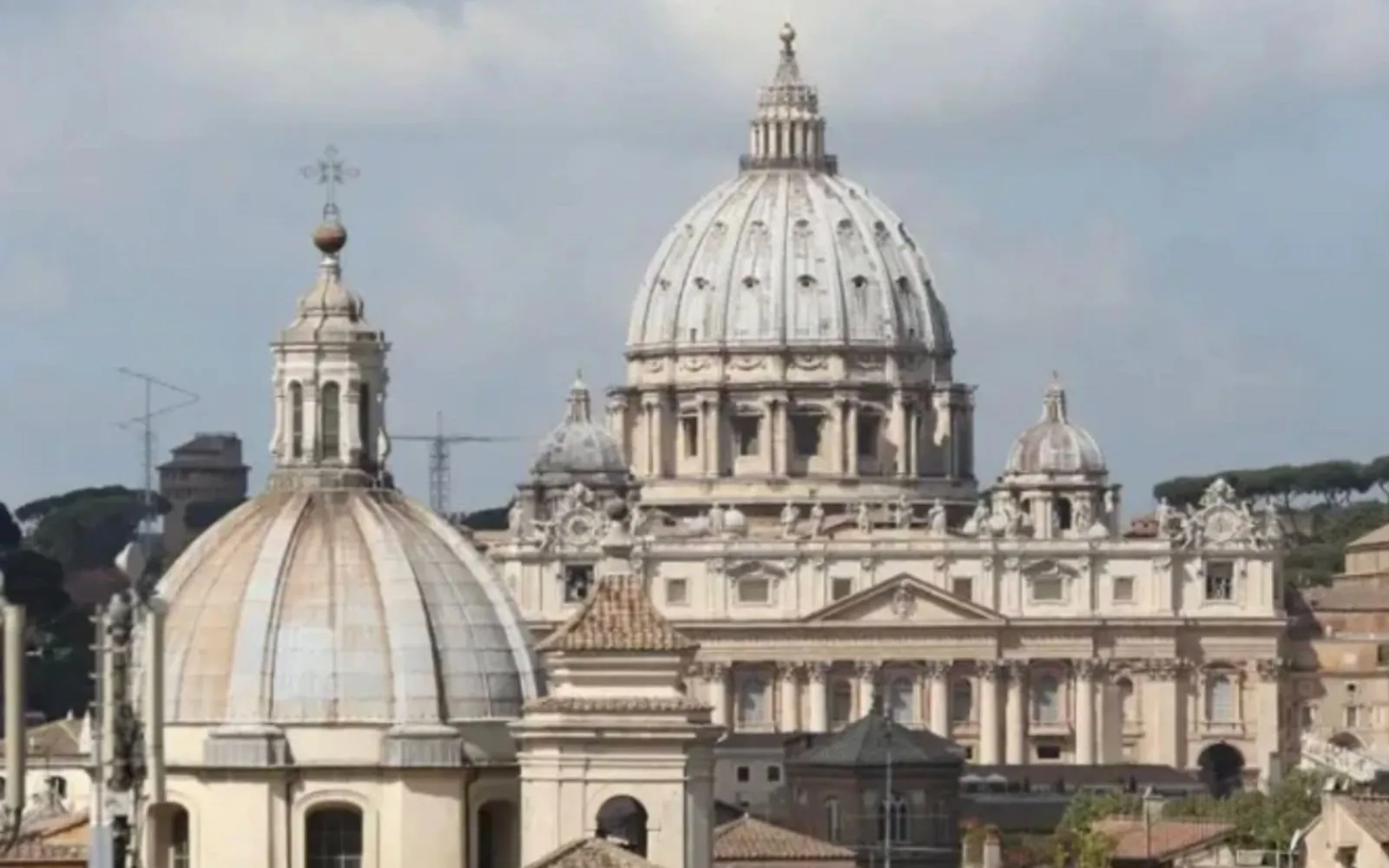This change is in accord with the pope’s reform of the Roman Curia in the Apostolic Constitution Praedicate Evangelium.
Opus Dei is a personal prelature made up of lay men and women and priests founded by Saint Josemaría Escrivá in 1928. Escrivá called the organization Opus Dei to emphasize his belief that its foundation was a "work of God," –– or, in Latin, "Opus Dei."
Msgr. Fernando Ocariz, the current prelate of Opus Dei, was not ordained a bishop when taking office in the year 2017, during the current pontificate. Both his predecessors, Javier Echevarría and Álvaro del Portillo, had been made bishops by Pope St. John Paul II. The founder of the movement, St. Josemaría, died before the prelature was established.
In his response to the changes made by Pope Francis on July 22, Ocariz said: “It is a concretization of the Holy Father’s decision to place the figure of personal prelatures in the Dicastery for the Clergy, which we filially accept.”
“The Holy Father encourages us to fix our attention on the gift that God gave Saint Josemaría, so as to live it fully. … I would like this invitation of the Holy Father to resonate strongly in each and every one of us. It is an opportunity to go more deeply into the spirit that our Lord instilled in our Founder and to share it with many people in our family, work and social environments.”
Ocariz noted that “the episcopal ordination of the Prelate was not and is not necessary for the guidance of Opus Dei.”
He said: “The Pope’s desire to highlight the charismatic dimension of the Work now invites us to reinforce the family atmosphere of affection and trust: the Prelate must be a guide but, above all, a father.”
While the prelate will no longer become a bishop under the changes, he will receive the honorary title of protonotary apostolic.
In his decree, Pope Francis also changed some of the text of Opus Dei’s constitution, Ut sit, which was issued by John Paul II in 1982.
For example, the constitution formerly asked the prelate to submit a report on the apostolic work of Opus Dei directly to the pope every five years. Under the new changes, the prelate will now be required to submit a report to the Dicastery for the Clergy every year.








